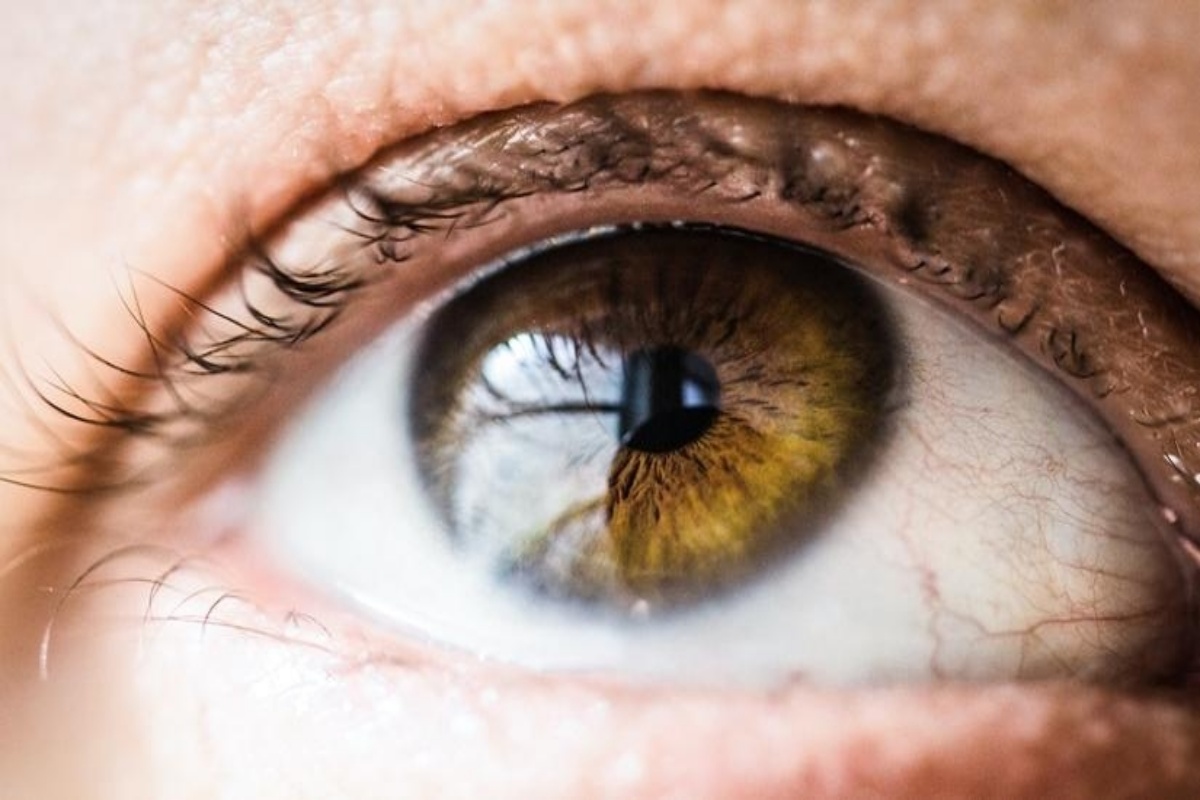High-profile Udhampur LS seat records around 70 pc polling
The Udhampur constituency sprawls from the plains of Kathua touching Punjab to the mountainous regions of Kishtwar and Doda.
Several patients sought help at advanced stages, at which point they were unresponsive to treatment. Despite the ongoing vaccination drive, people continue to remain hesitant to seek diagnosis or treatment at clinics.

File Photo
Humans are meant to take things for granted. We fail to prioritize our eye health as we live a very busy life, where we spend most of our time staring at computer screens, tablets, and mobile pholes.
Our eyes are precious, just imagine a day having irritation, an eyesore, or any other eye issue, will you be able to finish your day-to-day task, even the simple ones? Ye, we take our eyes for granted, one that speaks more than our mouth or any other body organ. Our eyesight is affected due to various reasons such as constant exposure to digital screens, work pressure, and unhealthy eating habits.
Eye care centers in India reported a 96.5 percent to 98.7 percent decrease in patients visiting clinics for their routine care and follow-ups, including eye injections and retinal laser procedures as of May 2021, as compared to the previous year, according to a research study published in the Indian Journal of Ophthalmology.
Advertisement
Several patients sought help at advanced stages, at which point they were unresponsive to treatment. Despite the ongoing vaccination drive, people continue to remain hesitant to seek diagnosis or treatment at clinics.
“In India, there are still a million individuals who are blind from cataracts, even though they could have their vision restored. In contrast, there are people aged 40 years or older who are afflicted with glaucoma who will become permanently blind without appropriate therapy. Another worrisome disease that is affecting the millennials today is Diabetic Macular Edema (DME), which is not completely preventable, but its onset can be delayed with regular exercises, a balanced diet, and strict control of systemic conditions such as diabetes mellitus, along with treatment adherence”, “Dr. Mahipal S Sachdev, Chairman at the Centre for Sight Group of Hospitals points out.
Four reasons why you need to take care of your eyes in today’s digital world
Increased Screen time: With the large-scale adoption of work-from-home (WFH), the usage of technology has increased. With prolonged hours spent in front of either a laptop, mobile phone, or television screen (or switching between the three), one’s eyes have had to endure a lot more strain. The damaging effects of extended screen times on eye health are well known such as dry eyes. Yet, eye care continues to form one of the most neglected, overlooked topics within one’s list of healthcare priorities, often as the damage may not be immediately apparent.
Age no bar: For much of India’s population with pre-existing lifestyle diseases such as diabetes, the pandemic only aggravated their condition. What’s less evident is that ignoring these factors could potentially lead to glaucoma and chronic retinal diseases, including Diabetic Macular Edema (DME), as a result of poor diabetes control. However, it is also important to note that if detected early and properly treated, these conditions can be effectively managed.
Sedentary Lifestyle choice: Habits such as smoking, drinking, lack of exercise and unhealthy dietary habits due to increased time spent at home can impact overall eye health. Additionally, this can be detrimental to the body, as well as disease management, while also leading to poor glucose control and weight gain, which can further exacerbate health complications, including eye health
Mental health: Covid has taken a considerable toll on people’s mental health. With deteriorating mental health, people’s focus on eye health and even for diagnosed conditions has taken a backseat. For instance, a clear link has been drawn between suffering from depression and showing non-compliance to medical treatments, (ii) which can affect routine eye care and follow-ups and lead to a number of disease-related complications as well.
The way forward
Regular eye check-ups are essential, particularly for at-risk groups. Apart from getting one’s eyes screened, one quick way to also give them rest is by adopting the 20-20-20 rule. This means taking a break from your electronic screen every 20 minutes, by looking at something that is 20 feet away for 20 seconds.
Dr. Ajay Dudani, CEO Vitreoretinal Surgeon, Mumbai Retina Centre, commented on disease management, saying, “From a young age, people must learn to maintain optimal eye health. In case an individual is at greater risk due to pre-existing conditions like diabetes, or old age, eye diseases can be identified and addressed early on through regular screenings. For instance, people with prolonged diabetes need to undergo eye screening every 6 months, or annually. There are a number of advanced treatment options available to control the condition, alongside regular monitoring, including eye drops, innovative medication, laser or even surgery.”
To counter these growing problems that can cascade into poorer eye health outcomes, action to prioritize your eyes is needed.
(Inputs from IANS)
Advertisement